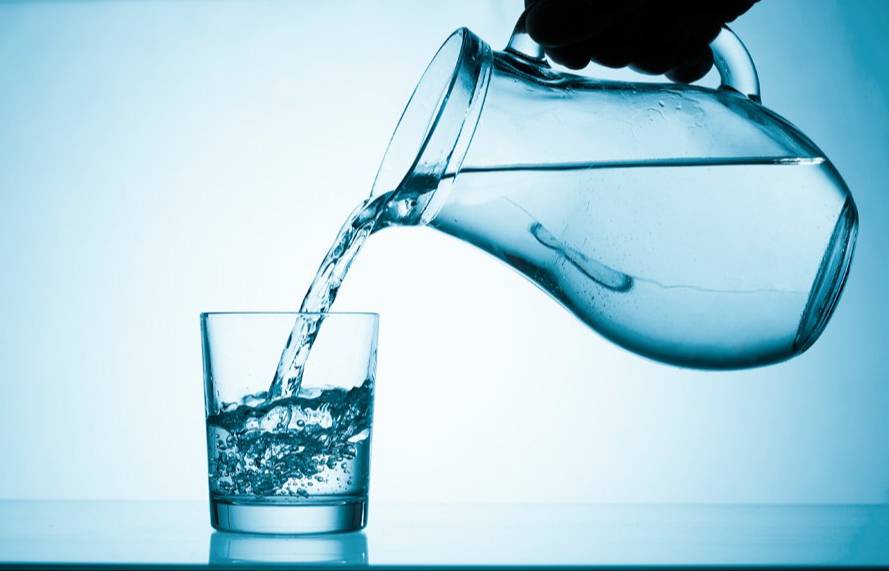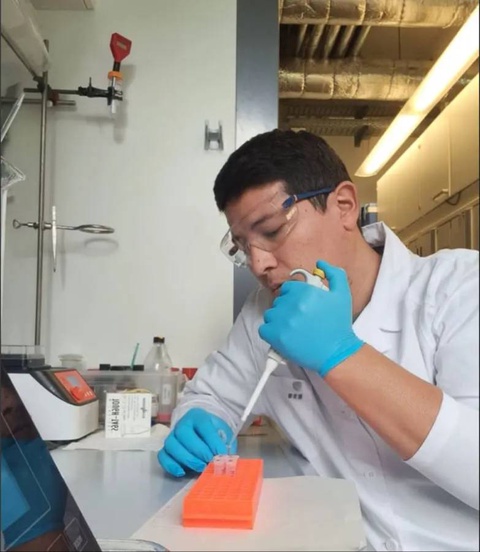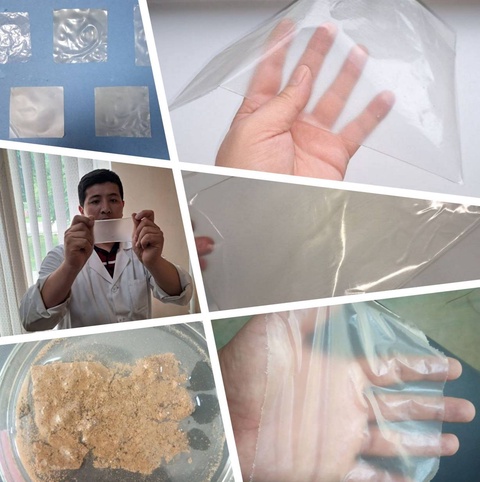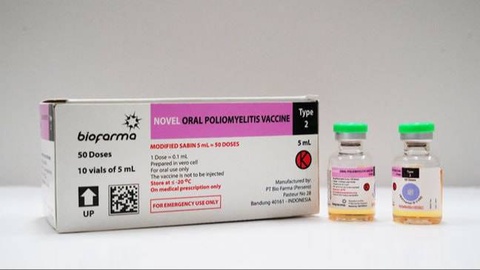Scientists from Sweden's Karolinsk Institute analyzed 29 studies and found that people who were exposed to the highest levels of chlorine byproducts, called trihalomethanes (THM), had a 33% higher risk of developing bladder cancer and 15% higher risk of colorectal cancer compared to those who were least exposed.
Chlorine has been used to disinfect water for over a century, helping to prevent diseases such as cholera. However, when it reacts with organic substances, it forms THM, which has been linked to cancer in animal studies. The researchers found that even levels of THM below American and European safety limits (41 billionths) were associated with an increased risk of cancer.
Although the study does not prove that chlorinated water directly causes cancer, it highlights the risk. The researchers suggest exploring alternative methods of water purification, such as ultraviolet radiation, and removing organic matter before chlorination to reduce THM levels.












